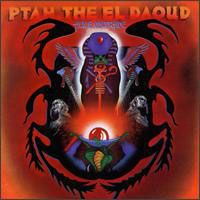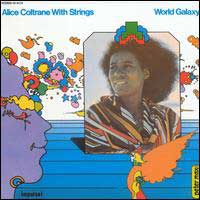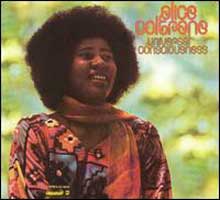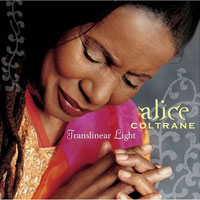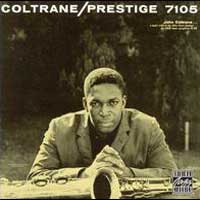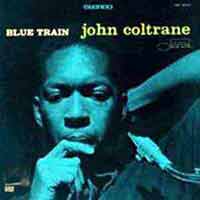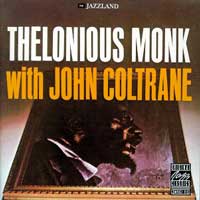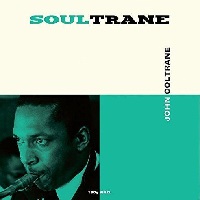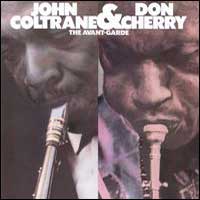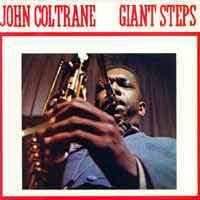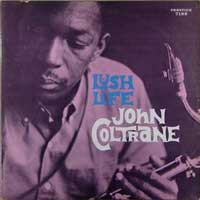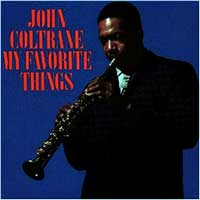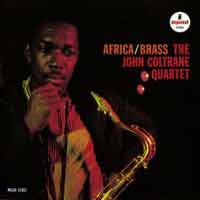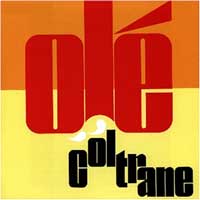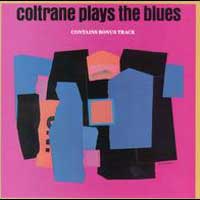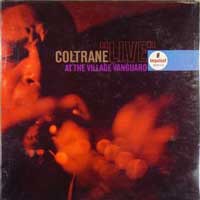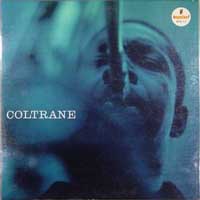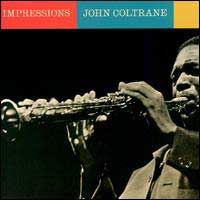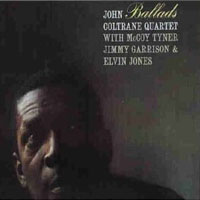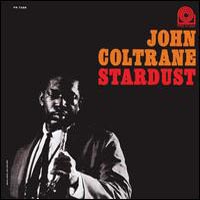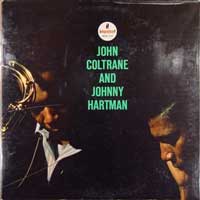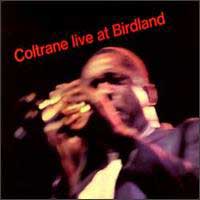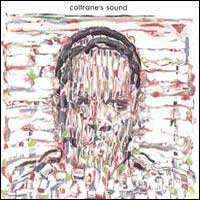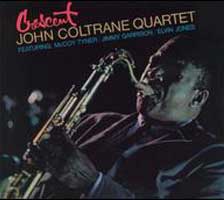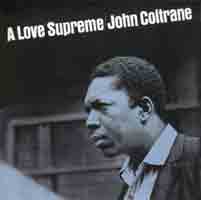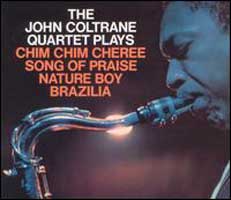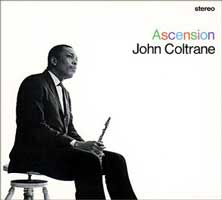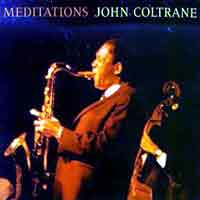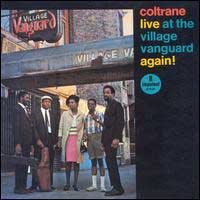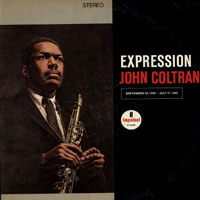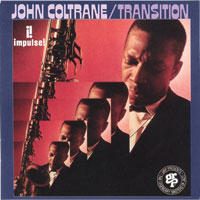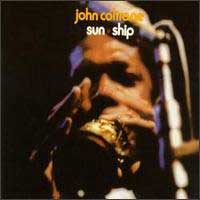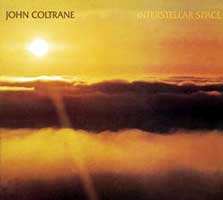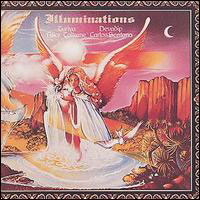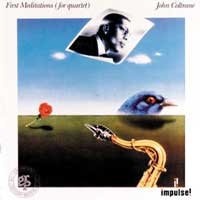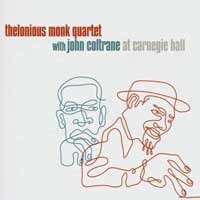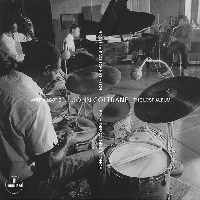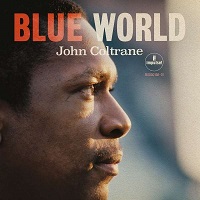The CD reissue of Alice Coltrane's landmark Journey to Satchidananda reveals just how far the pianist and widow of John Coltrane had come in the three years after his death. The compositions here are wildly open and droning figures built on whole tones and minor modes. And while it's true that one can definitely hear her late husband's influence on this music, she wouldn't have had it any other way. Pharoah Sanders' playing on the title cut, "Shiva-Loka," and "Isis and Osiris" (which also features the Vishnu Wood on oud and Charlie Haden on bass) is gloriously restrained and melodic. Coltrane's harp playing, too, is an element of tonal expansion as much as it is a modal and melodic device. With a tamboura player, Cecil McBee on bass, Rashied Ali on drums, and Majid Shabazz on bells and tambourine, tracks such as "Stopover Bombay" and the D minor modally drenched "Something About John Coltrane" become exercised in truly Eastern blues improvisation. Sanders plays soprano exclusively, and the interplay between it and Coltrane's piano and harp is mesmerizing. With the drone factor supplied either by the tamboura or the oud, the elongation of line and extended duration of intervallic exploration is wondrous. The depths to which these blues are played reveal their roots in African antiquity more fully than any jazz or blues music on record, a tenet that exists today over 30 years after the fact. One last note, the "Isis and Osiris" track, which was recorded live at the Village Gate, features some of the most intense bass and drum interplay -- as it exists between Haden and Ali -- in the history of vanguard jazz. Truly, this is a remarkable album, and necessary for anyone interested in the development of modal and experimental jazz. It's also remarkably accessible.
(by Thom Jurek, All Music Guide)
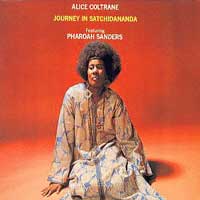
 Plattentipp
Plattentipp 

